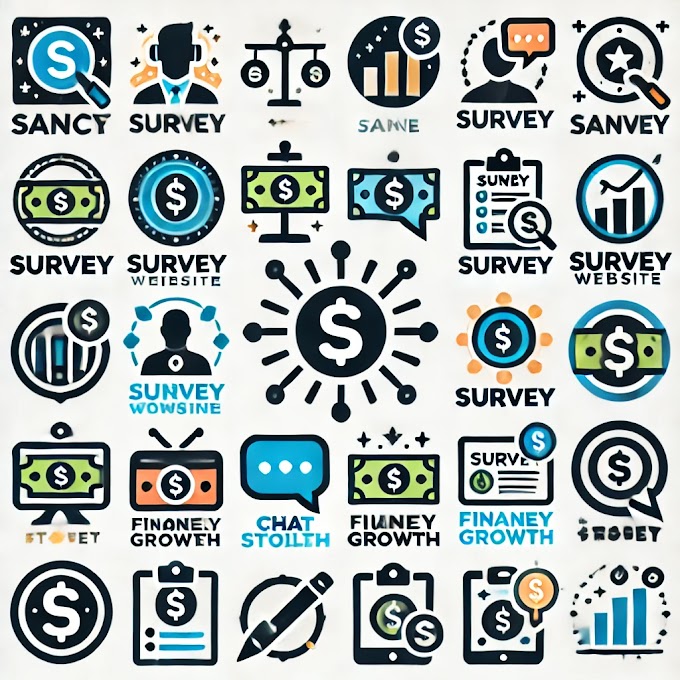Artificial Intelligence (AI) continues to evolve at a rapid pace, shaping the future of technology, society, and business. The coming years are set to witness groundbreaking trends, significant impacts, and transformative predictions as AI becomes further integrated into everyday life.
Emerging Trends
One of the most prominent trends in AI is the rise of generative AI, exemplified by tools like ChatGPT and DALL-E. These systems are not just aiding creativity but are also reshaping industries such as marketing, content creation, and design. Additionally, advancements in natural language processing (NLP) are making human-machine interactions more seamless, with AI systems understanding and responding in increasingly sophisticated ways.
Another trend is the integration of AI in healthcare. From predictive analytics for disease detection to personalized medicine, AI is revolutionizing how healthcare is delivered. Autonomous vehicles and robotics are also set to redefine industries, particularly in transportation and manufacturing. The convergence of AI with Internet of Things (IoT) is creating smart environments, enhancing efficiencies in homes, cities, and industries.
Impacts on Society and Business
The societal impact of AI is profound. On the one hand, it is democratizing access to knowledge, making complex tasks more accessible to non-experts. On the other, it raises ethical concerns around privacy, security, and bias. In business, AI is driving efficiency, automating repetitive tasks, and enabling data-driven decision-making. For instance, in retail, AI-powered recommendation systems are improving customer experiences and increasing sales.
Moreover, AI is transforming the job market. While it creates new opportunities in AI development and maintenance, it also disrupts traditional roles, necessitating a shift in workforce skills.
Predictions for the Future
Looking ahead, the potential of AI is boundless. AI ethics will take center stage, with global efforts to create frameworks ensuring responsible AI usage. Explainable AI, which seeks to make AI decision-making processes transparent, will become critical in building trust.
The democratization of AI technology will continue, with tools becoming more accessible to small businesses and individuals. Quantum computing, once fully realized, will supercharge AI capabilities, solving problems currently beyond its reach.
Ultimately, AI’s future lies in its ability to augment human capabilities rather than replace them. As it becomes an integral part of society, collaboration between humans and machines will define the next chapter of innovation, driving progress while addressing the challenges it brings.



0 Comments